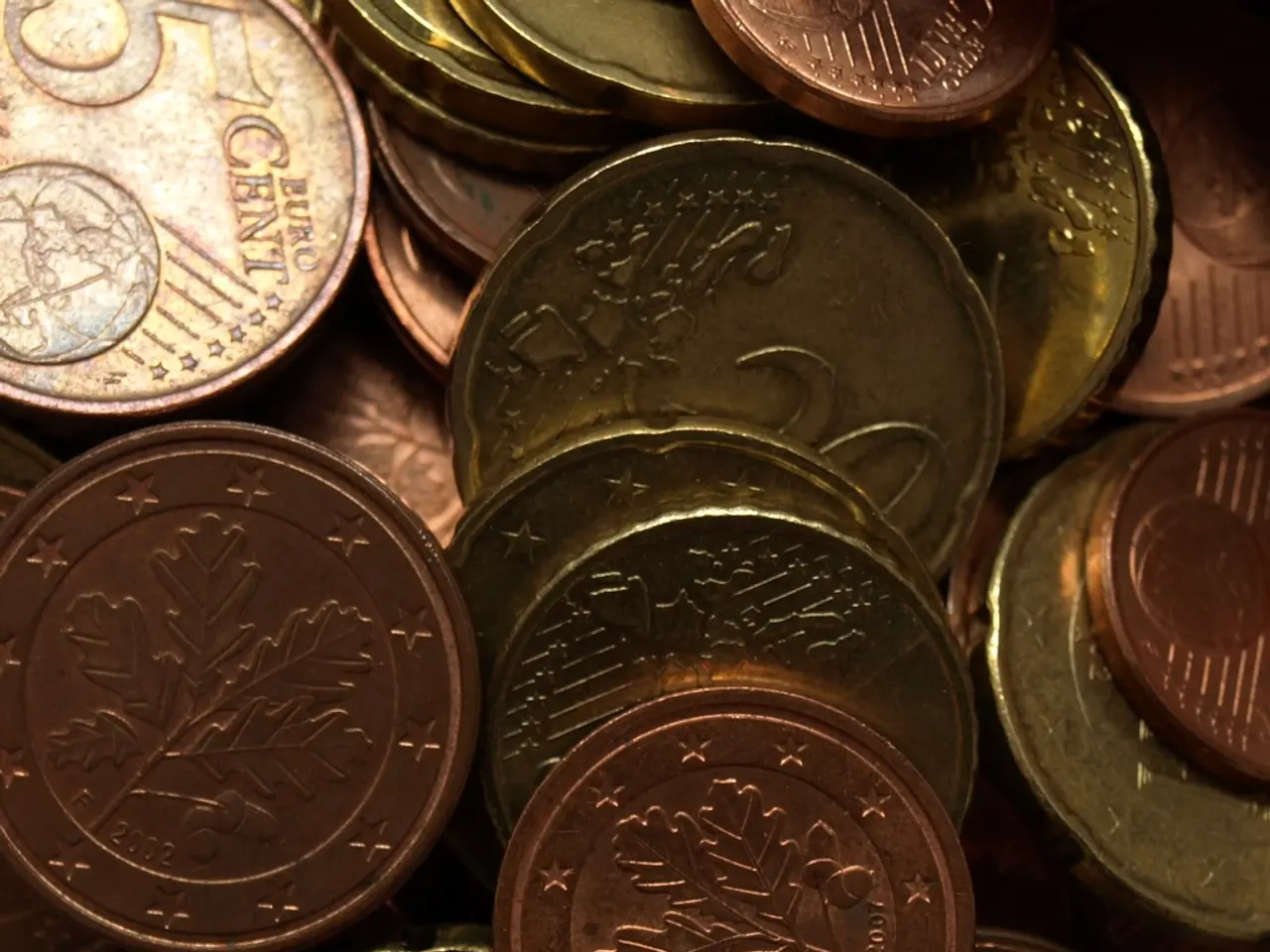Iran's Approach to Bitcoin Proving Problematic
Iran's economic woes and sanctions have led to an unexpected turn - the country has embraced Bitcoin mining as a means to bypass international restrictions. This shift has significant implications for Iran's energy sector and economy.
According to analysts, a staggering $4.18 billion worth of cryptocurrencies left Iran by 2024, marking a 70-percent increase from the previous year. This surge in capital flight has been a growing trend since 2018, with $14 billion leaving the country in the first nine months of 2021 alone.
Bitcoin is being used to bypass sanctions, with domestic funds generated from gas and other energy resources being channelled into cryptocurrencies instead of being exchanged for foreign currency via exports. This has added to Iran's energy crisis, as Bitcoin mining consumes approximately 2 gigawatts of power - a small fraction of the total power deficit.
The Iranian government has faced challenges in controlling Bitcoin mining due to subsidies, political dynamics, and the profitability of mining with subsidized power. The Revolutionary Guard, believed to control about 100,000 mining machines, makes up a significant portion of the country's mining capacity.
The increased Bitcoin mining activities have exacerbated Iran's energy crisis, leading to regular blackouts that disrupt businesses, factories, and households. Widespread discontent is growing as a result, with millions of lives being affected.
Inflation and a deteriorating economic situation have led to a distrust of the Iranian government among its citizens. This distrust has driven the use of cryptocurrencies as an alternative financial system. Cryptocurrencies, however, make up only a portion of the total capital leaving Iran, but they remain an inseparable part of the capital flight phenomenon.
Despite the challenges, the Iranian government has taken steps to regulate Bitcoin mining. The Islamic Republic of Iran legalised crypto payments and mining, and developed a licensing system. However, the Ministry of Energy and the Iran Grid Management Company face additional challenges from cryptocurrency mining in Iran.
The International Monetary Fund (IMF) forecasts growth of only 0.3% for 2025 in Iran, highlighting the need for urgent solutions to address the country's economic and energy crises. The future of Bitcoin mining in Iran remains uncertain, but its impact on the country's energy sector and economy is undeniable.
In 2021, Iran was reportedly producing almost five percent of all new bitcoins, a testament to the country's significant involvement in Bitcoin mining. However, the cost of this involvement may be too high for a nation on the brink of an energy crisis and economic stagnation.
The drought in Iran has caused the loss of around 12.5 gigawatts of power supply, exacerbating existing energy supply issues. This has put Iran's power grid on the brink of collapse, with regular blackouts due to existing bottlenecks in electricity supply, increasing wear and tear on the grid, and climate change.
In a controversial move, the Energy Ministry tried to shut down an illegal mining farm, but the Revolutionary Guard intervened and denied support from the Intelligence and Security Ministry. This incident highlights the influence of the Revolutionary Guard in Bitcoin mining operations, an influence that has been accused of corruption.
As Iran grapples with its energy crisis and economic woes, the role of Bitcoin mining in these challenges cannot be ignored. The future of Bitcoin mining in Iran and its impact on the country's energy sector and economy will continue to be a topic of debate and concern.




